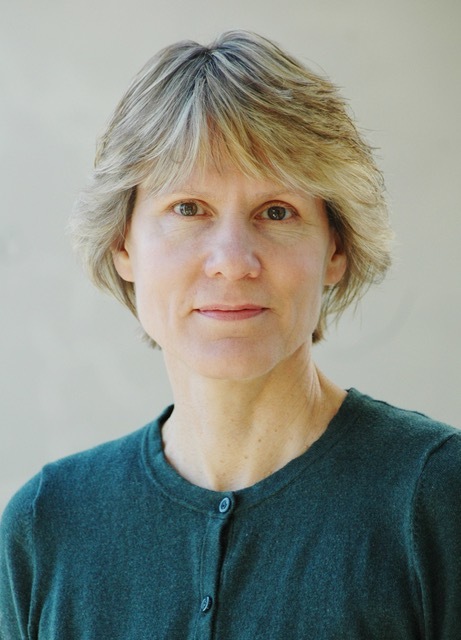Arts & Culture
Judith Krummeck Weaves Immigration Story with Nonfiction in New Book
We talk to the Baltimore broadcaster and author of 'Old New Worlds: A Tale of Two Immigrants.'

You call Cape Town your “soul-mate” city. What do you miss most about it? Do you continue to visit?
Cape Town is called The Mother City, and she feels like that to me because it’s where I came of age emotionally. I miss her beauty, and her age-old wisdom, and the hodgepodge of her people—indigenous, black, white, Malaysian, Indian. The city lies in the amphitheater of the mountains that surround her—Table Mountain being the most famous—and when I go back, every year or two, I feel embraced in the same way.
You say you’re interested in reaching into your past in part because you do not have children of your own. Do you see this book as a way of passing down your story? Is that more important to you after being unable to find any diaries or letters written by Sarah?
I came to think about mortality in a different way as I was writing the book. All of us, I think, want to leave something behind from our transitory lives, and this started to feel like something I could leave in lieu of passing on my genes to a child. And, because I carry Sarah’s genes, it became pressingly important to me to try to rescue her from obscurity and pass down her story as well.
What clues made you think that Sarah wished to go to Africa, or that she didn’t want to return to England after she’d lived there for 20 years? I wondered how much of that inclination to write her that way was stemming from your own experiences of immigrating.
Because I had so little physical evidence of Sarah, I could only surmise her thoughts and feelings through the letters and diaries of her husband, George. He mentioned that she was orphaned and came from Shropshire, and yet the London Missionary Society archives show that she was living and working in London. These facts made me think that there was probably not that much to hold her in England. As to returning, they couldn’t have afforded the six-week sea passage back to England, and although George asked the directors of the mission society to allow his family a return visit, they didn’t grant his request. So I think it was for practical reasons that they didn’t return. It’s also true that some people are more inclined to have wanderlust than others, and as I found my way to Sarah’s shared immigrant story, I wondered if it was she who had passed that quality on to me.
How did your mother’s stories about George and Sarah play into your own imagination when writing their story?
My mother’s stories had brought George and, to some extent, Sarah so vividly to life when I was growing up that, when I began to write about Sarah, I felt as if I could slip into a kind of familial collective memory to create her life and thoughts and feelings. It was as though my mother’s voice was hovering over my imagination, and I was drawing not only on memory but also on an amalgam of familial character traits. I think that’s why Sarah felt so real to me and why I came to love her so deeply.
How did the book come to take this format, weaving your narrative and Sarah’s on a parallel journey?
I was writing two books sequentially to begin with: a memoir based on a series of essays about my immigrant experience and, out of that, a biography about Sarah who had planted us in Africa all those years ago. Sarah’s story caught me, and I became completely absorbed in that manuscript, thinking I would return to my own at a later stage. The more I wrote into Sarah’s account though, the more parallels I came across, and it dawned on me that the two threads should be woven together into one.
Your bibliography is impressive. As I was reading details about things like the construction of housing, the Khoikhoi, and herbal poultices, I knew you’d done a lot of research. Was that something that happened organically or did you begin that process specifically while working on the book as an MFA student at the University of Baltimore?
I must say I was surprised by the extent of the bibliography when I submitted the final manuscript, because it was just something that evolved organically as I worked on the book. If I needed to know what the sleeping quarters would have been like for passengers sailing on a tall ship in 1815, or how to build a house from scratch from found materials in the veld, I would go off into a wonderful web of research. [Because of] the process of my MFA, I knew to document the sources carefully as I went. It was actually rather marvelous looking back in the bibliography and being reminded of all those exploratory twists and turns I had made.
How did you connect with Green Writers Press in Vermont?
Green Writers Press partners with a writers’ retreat in Vermont called When Words Count. As well as being a retreat, When Words Count sponsors a writing contest, which I won, and the prize includes publication by Green Writers Press.